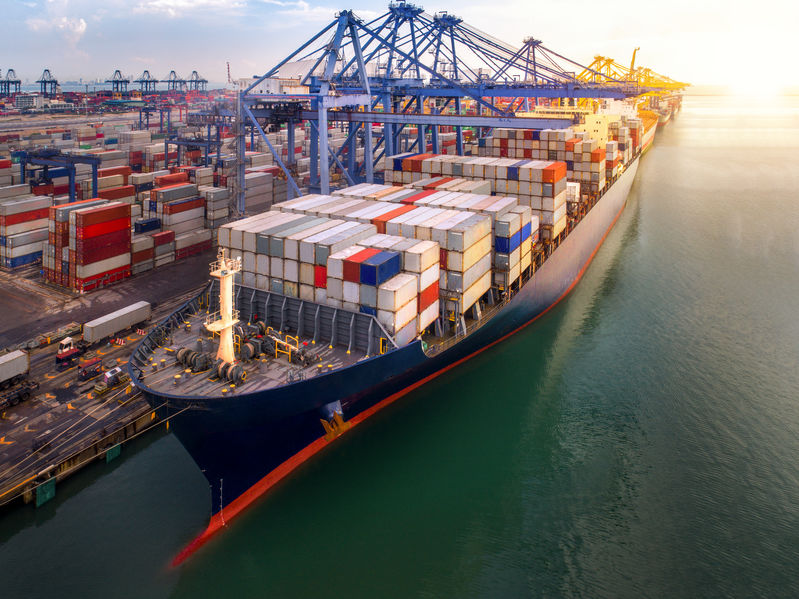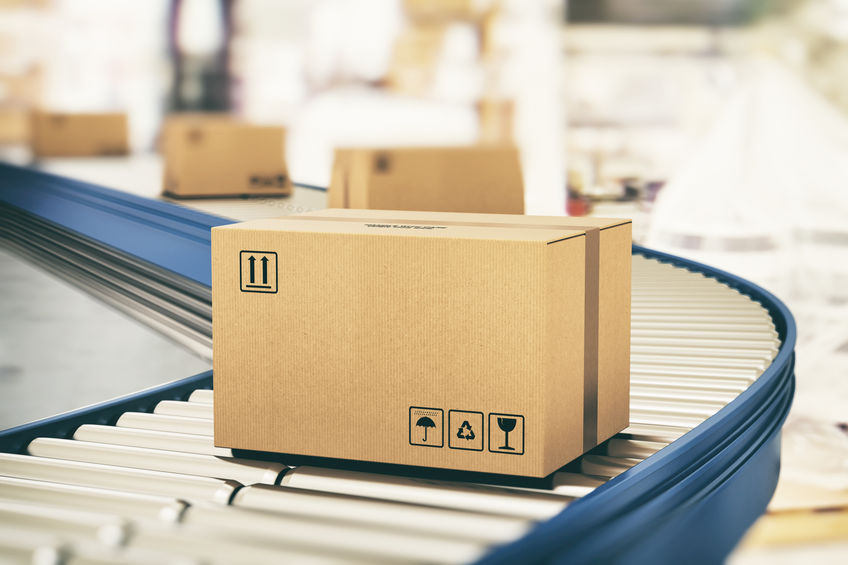The Comprehensive Economic and Trade Agreement (CETA) has been signed!

October 30, 2016, marked an auspicious day for the future of trade between Canada and the European Union (EU). That day, leaders on both sides signed the Comprehensive Economic and Trade Agreement (CETA).
My shipment isn’t that valuable. Should I bother to insure it?

Yes! A lot of people don’t purchase freight insurance because they think it’s unnecessary: their cargo is indestructible, it’s not attractive to thieves, or it’s not valuable enough to warrant the protection offered by insurance. But… Insuring your shipment is always advised. Even if your goods aren’t worth a great.
Certificate of Origin: An important component of importing under Canada’s Free Trade Agreements

A certificate of origin is a legal document that certifies a shipment’s country of origin. In the context of free trade agreements (FTAs), certificates of origin are required in order to qualify for a reduced duty rate. The rules around certificates of origin and associated duty relief are specific to each FTA.
Why is my international shipment delayed again?

Delays along the shipping chain can be exasperating and can make a business owner feel helpless. Although many factors can conspire against a smooth shipping experience, being in the know about what they are – and being prepared to respond to them – can put you back in control.
Changes to Transport Canada’s Air Cargo Security Program

The Air Cargo Security Program has as its goal the establishment of a secure supply chain that keeps air cargo safe and free from tampering while being handled at different stages of its journey. Starting October 17, 2016, air cargo can be screened and made secure from as early as the time it is packed, up until it is.
Why are freight rates so volatile – particularly those from China?

One of the biggest challenges facing importers is uncertainty around shipping rates. Plagued by slow global trade and shipping overcapacity, 2015 was one of the most volatile rate periods in recent history. Many factors contribute to freight price fluctuations. Knowing the reasons for this volatility can help you, the.
Duty Valuation – What is it?

As an importer of goods into Canada, it’s important to have a basic understanding of the overall import process, along with the rules and regulations that govern it. A key consideration with respect to importing goods into Canada is assessing the proper Duty Valuation (or “value for duty”). The Canada Customs Act.
CBSA Target List – Are your goods on the list?

The Canada Border Services Agency (CBSA) targets certain industries and products for audit each year to ensure compliance with tariff classification, product valuation and country of origin requirements. CBSA’s list of “targeted verification priorities”is updated on an ongoing basis. The current list of priorities is.
Help – My shipment is stuck on a stranded Hanjin ship!

Hanjin Shipping, once the seventh-largest ocean shipping company in the world, recently declared bankruptcy, leaving dozens of ships, carrying over 14 billion dollars in cargo, stranded at sea. Port operators and inland carriers are now refusing to load or move Hanjin containers for fear of not being paid, leaving.
Why is my shipment held up at the border?

Every day, businesses big and small find themselves facing unanticipated delays at the border. These delays can be a nuisance at best and a supply chain nightmare at worst. They are frustrating, stressful and costly – and they’re also avoidable.

Latest Articles
- Navigating Freight Quotes: Best Practices for B2B Success and the Hidden Risks of Cheap Providers
- Explainer: Shipper's Letter of Instruction (SLI) for U.S. exports
- Successful Black Friday logistics and supply chain planning
- Bi-weekly Freight Updates - November: latest news and updates on the worldwide supply chain
- Explainer: Customs bonded warehouses for Canada imports
